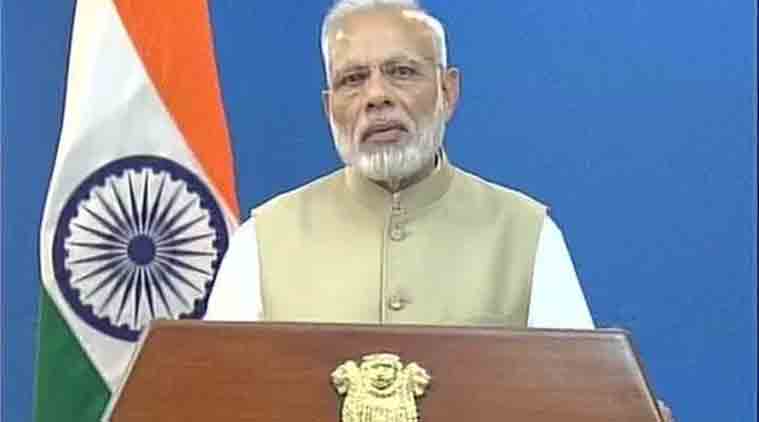 PM Narendra Modi
PM Narendra Modi
Two years after India started the Japan-plus mechanism to resolve Japanese investors’ concerns, Prime Minister Narendra Modi on Friday assured, once again, that the Indian government will be “proactive in addressing their concerns”. He also expressed his resolve to make India as the most open economy in the world.
This comes in the wake of many Japanese investors, who have been facing issues in tax, land acquisition and other regulatory issues, have expressed their concerns privately to the government. In the last two fiscal years, India received about 55 billion dollars as foreign direct investment and Japan is India’s fourth largest source of FDI. “On our part, we would, of course, want greater influx of Japanese investments. For this, we will be proactive in addressing your concerns,” Modi told an audience of about 200 business community at the Keidanren – the Japanese federation of business community.

“Today, India is on the path of several major transformations. We have taken decisive steps and built a governance system that will help India realise its potential. The results are already visible,” he said.
He said that creating an enabling environment for business and attracting investments remains “my top priority”. Stable, predictable and transparent regulations are redefining the nature of doing business in India, he said.
Modi said, “E-governance is no longer just a fancy buzzword, but a basic facility. We have successfully enacted a new legislation regarding Goods and Services Tax (GST). The Insolvency & Bankruptcy Code passed recently will make it easier for investors to have an exit. We are setting up commercial courts and commercial divisions to ensure speedy disposal of commercial matters.
The arbitration proceedings will now become faster as the Arbitration law has been amended. In June this year, we have further relaxed our FDI regime. We have also announced a new Intellectual Property Rights policy.”
“All of these point to the new direction of economic reforms that India is pursuing. My resolve is to make India the most open economy in the world. The impact of our efforts is being felt and recognized globally,” PM said.
Story continues below this ad
To those who are exploring, he said, “I promise you that we are committed to further refine our policies and procedures to boost Make in India.”
Stressing that the word “Japan” in India means that it is a benchmark of quality, excellence, honesty and integrity, the Prime Minister said, “Made in India and Made by Japan combination has already started to work and converge wonderfully. Cars made in India by a Japanese car maker are already selling in Japan. I wish to thank and congratulate those of you who are already in India…To those who are exploring, I promise you that we are committed to further refine our policies and procedures to boost Make in India.”
Complimenting the Japanese for leading with a deep sense of social responsibility and ethical behaviour, he said, “Our past has desired us to stand together. Our present is encouraging us to work together.”
Underlining that India and Japan will have to continue to play a major role in Asia’s emergence, he said that the growing convergence of views between Japan and India under our Special Strategic and Global Partnership has the capacity to drive the regional economy and development, and stimulate the global growth.
Story continues below this ad
“Strong India — Strong Japan will not only enrich our two nations. It will also be a stabilising factor in Asia and the world,” he told the business community.
He said that since India needs scale, speed and skill, Japan has a very important role to play in all three.
Japan’s involvement in mega projects like Dedicated Freight Corridors, Delhi Mumbai Industrial Corridor, Metro Rail and High Speed Rail signifies scale and speed, he said.
“With a number of skill development initiatives already underway, our partnership now extends to this crucial area of our priority. The captains of Japanese business and industry sitting here will agree with me that a combination of Japan’s technologies and India’s human resources will create a win-win situation… the combination of your hardware and our software is a fantastic combination. It will benefit both countries,” he said.

 PM Narendra Modi
PM Narendra Modi






























